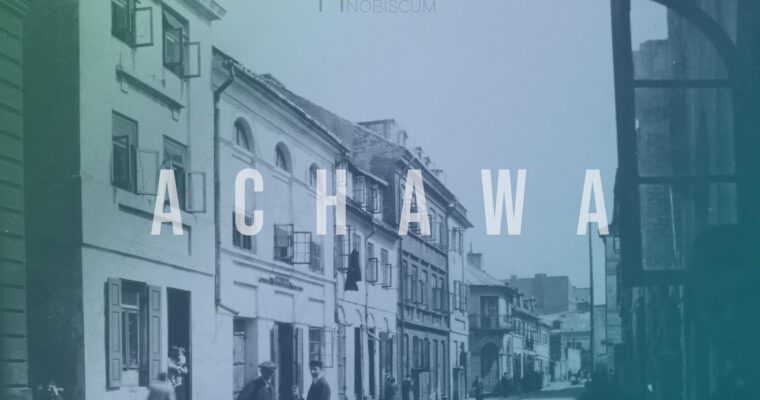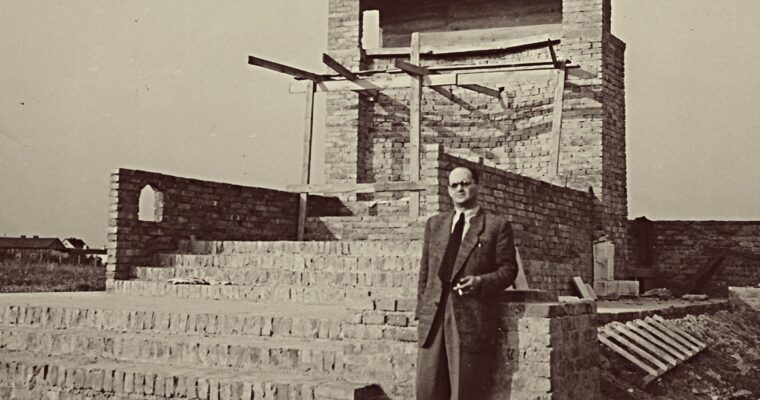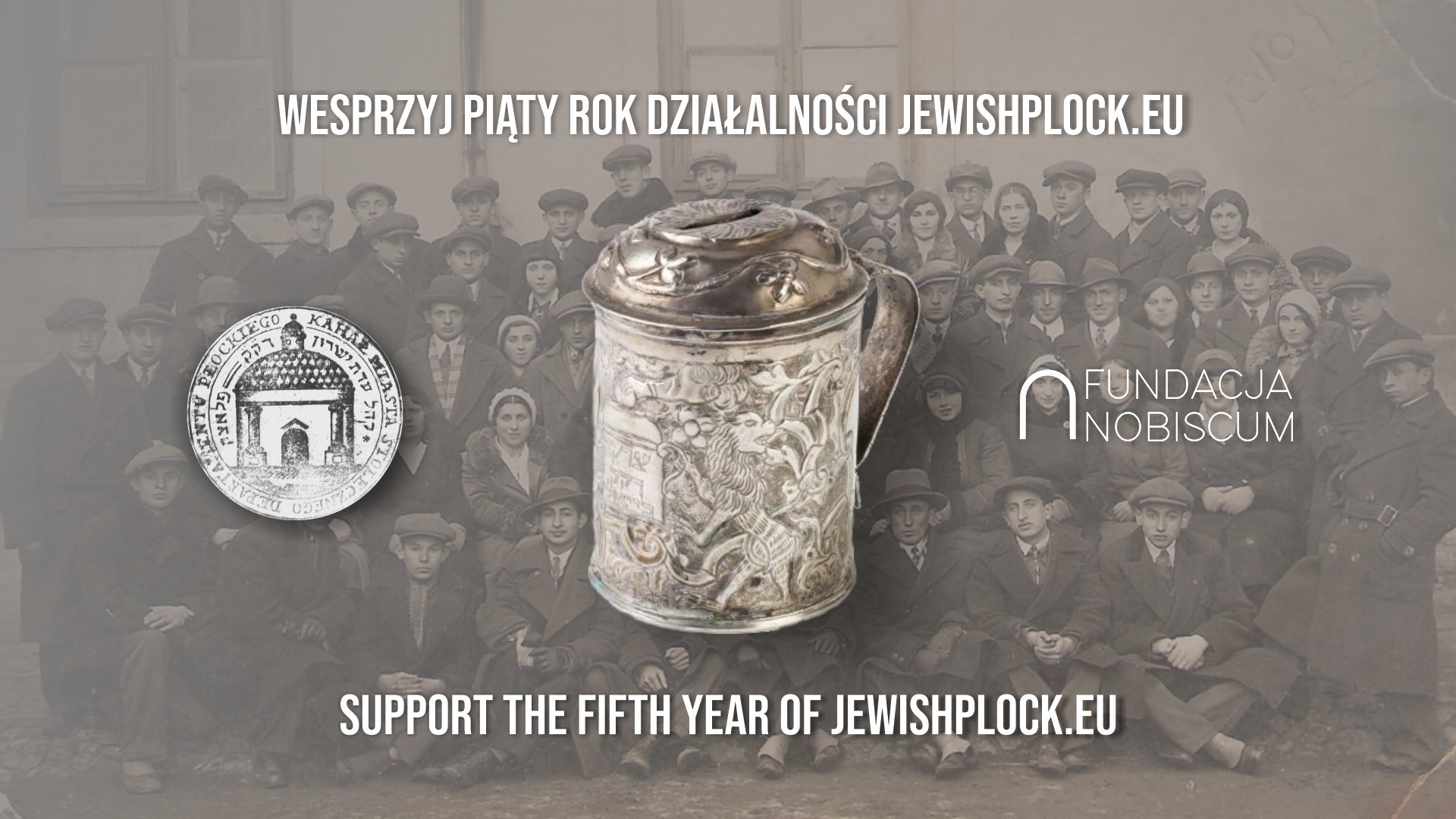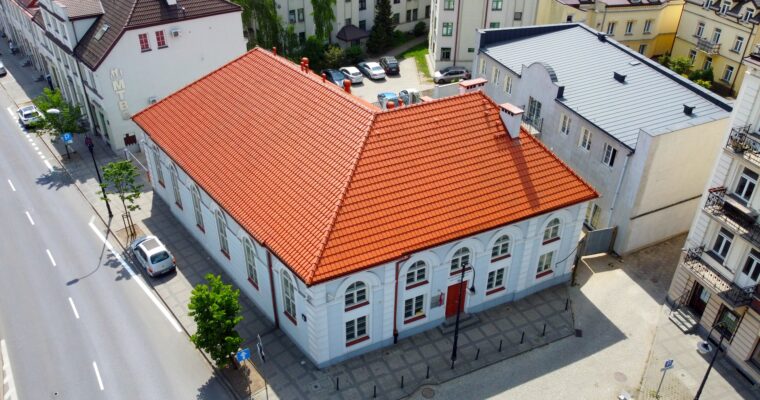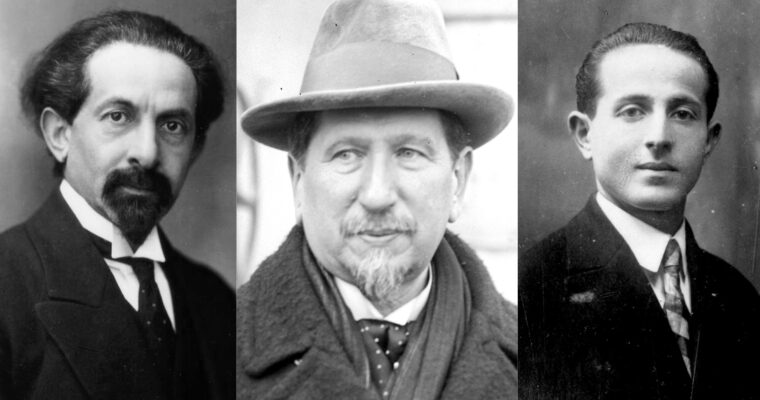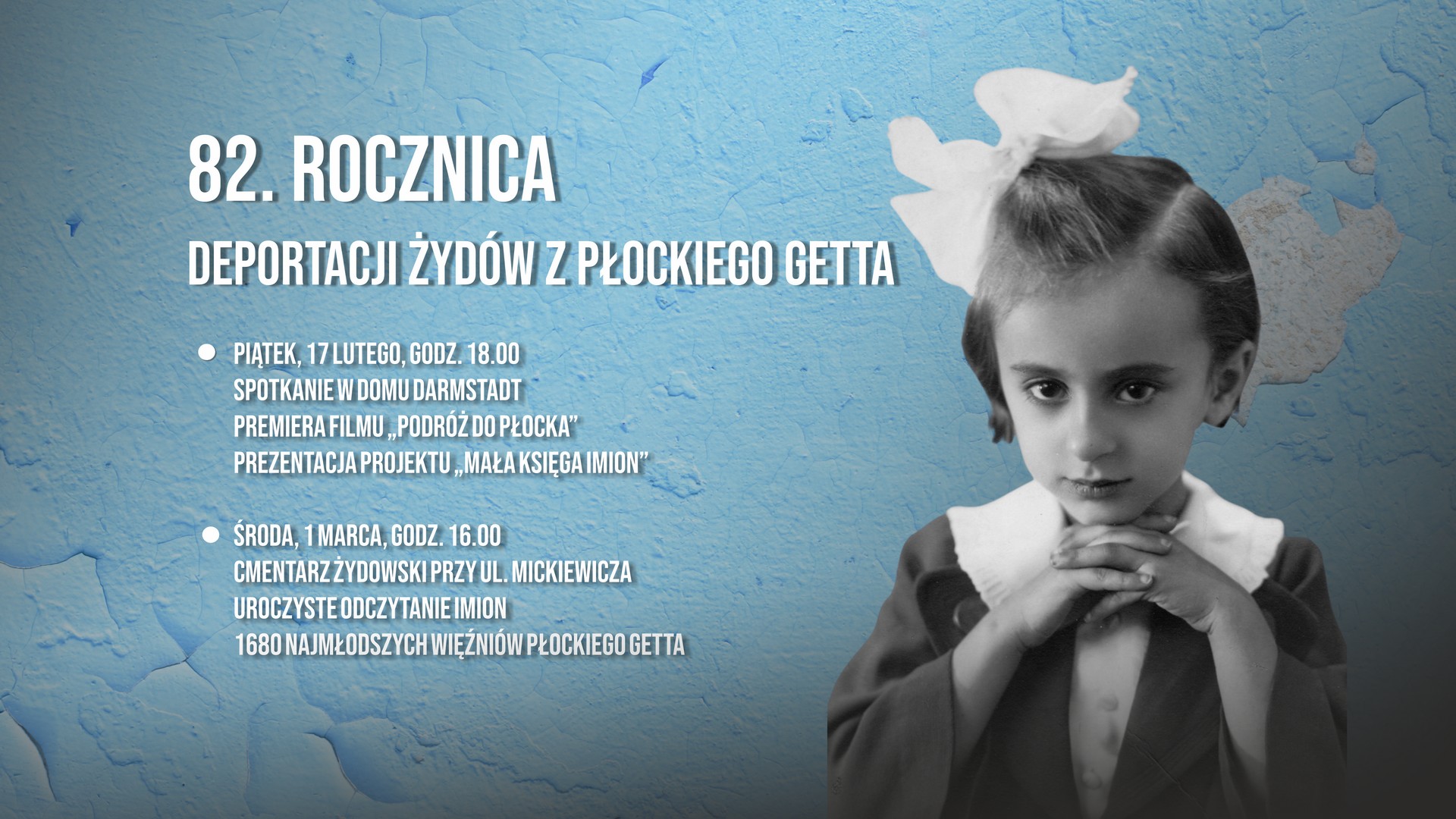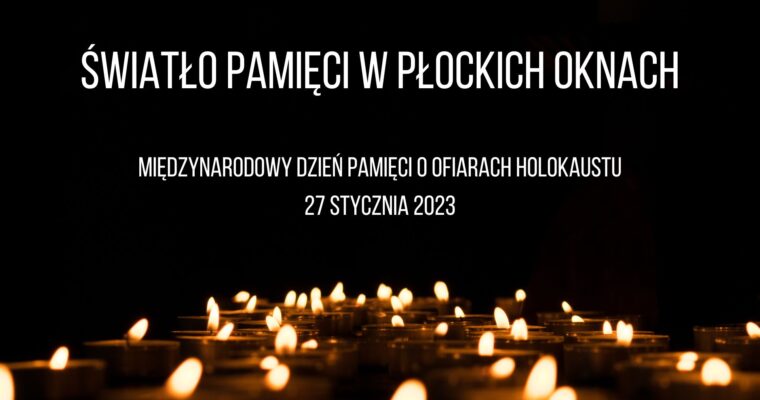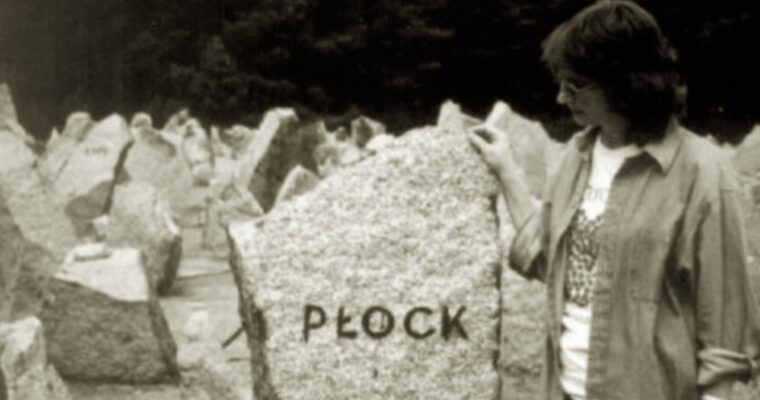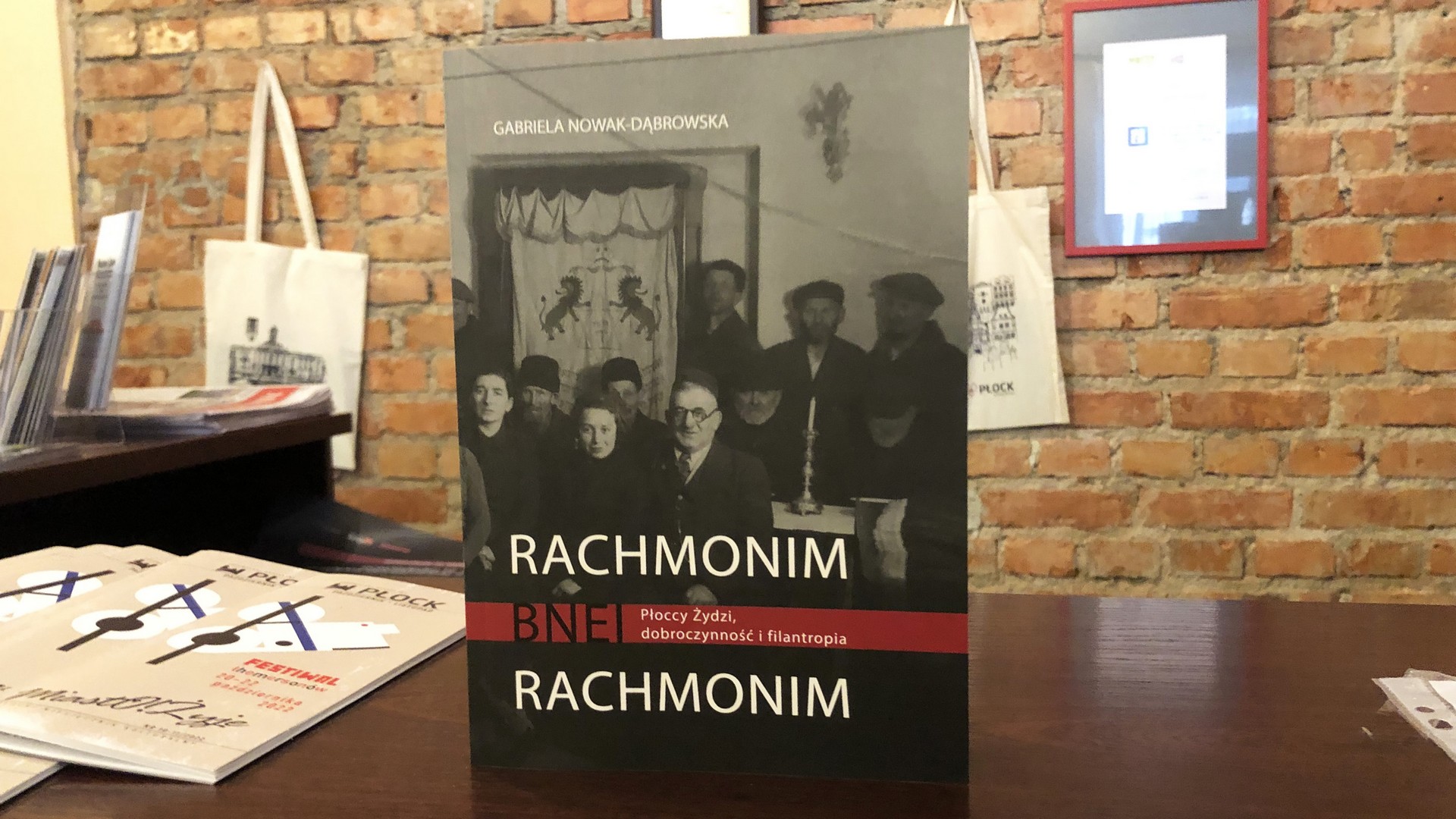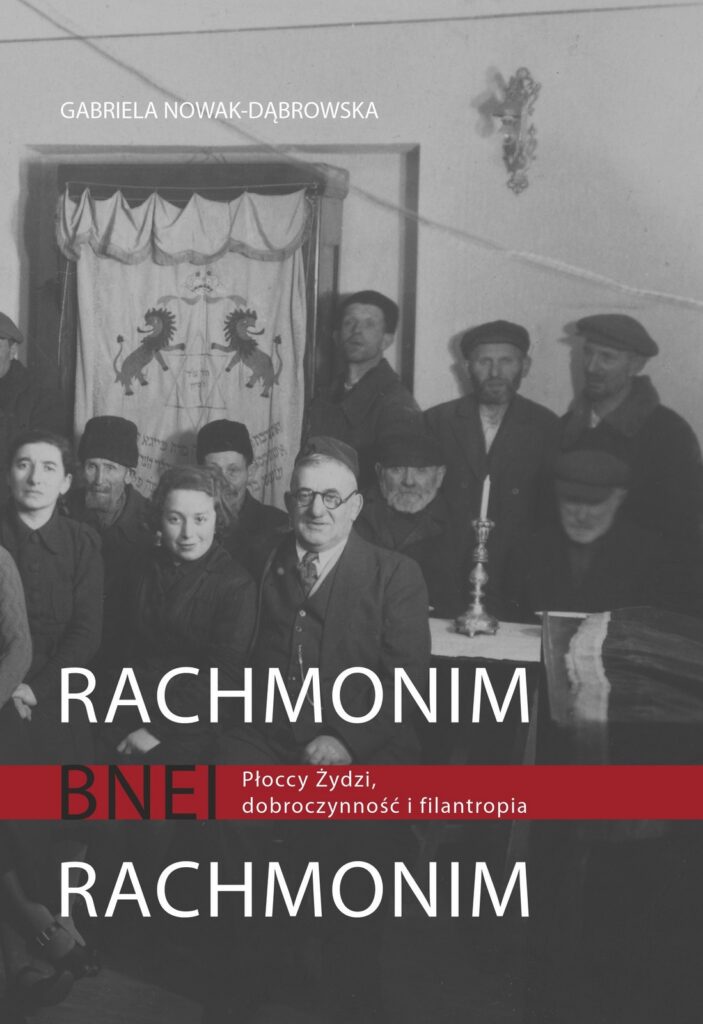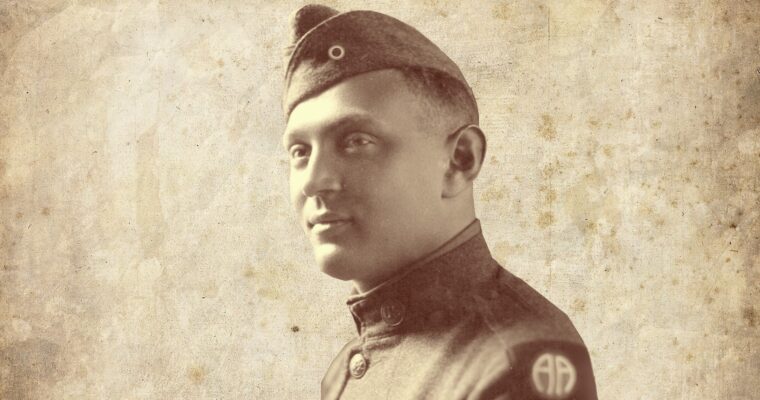On March 1, 2020, the Nobiscum Foundation, courtesy of Susan Keller Mouckley, Sandra Brygart Rodriguez and Arieh Bomzon, presented a film recorded in the summer of 1937 in Płock by Herman and Norton Keller. The premiere of the film took place during a commemorative event organized by the foundation on the 79th anniversary of the deportation of Jews from the Płock ghetto. This year, in connection with the 82nd anniversary of the deportation, we will present the next part of the film, also recorded in July 1937, previously unpublished, in which Herman and Norton Keller filmed their journey to Płock, including the streets of our city – Józefa Kwiatka, Kolegialna and Bielska and their residents.
We would like to invite you to the premiere of the film “Journey to Płock” on February 17 at 6 pm at Dom Darmstadt (8 Old Market Square). On that day, will will also present the project entitled “The Little Book of Names”. The project is dedicated to the children of the Płock ghetto, and is also an attempt to bring back from oblivion the names of the youngest victims of the terror of the German occupier during World War II. Brutally deprived of childhood and a sense of security, forcibly torn from their own homes, they became, as Yaakov Guterman recalled years later, “victims of paralyzing fear and depressing concern for tomorrow.” Children have become helpless victims and witnesses of ubiquitous hunger, disease and death. In the winter of 1941, during the liquidation of the Płock ghetto, some of them, including infants, were brutally murdered. Children died in the transit camp in Działdowo, in the Warsaw Ghetto, in Treblinka, in Auschwitz. The project is the result of research conducted in the archival resources of the State Archives in Płock. Based on the source materials, we were able to determine the names of 1,680 children who were among the group of 6,000 prisoners in the Płock ghetto, which existed from September 1940 to the beginning of March 1941. The inspiration for the foundation’s project is the invaluable work of Dariusz Popiela and his unique project “People, not numbers”, in which he commemorates the Jewish communities of his home region.
On March 1, at 4:00 p.m., we encourage people of Płock to read the names of the 1,680 youngest prisoners of the Płock ghetto together with us at the Jewish cemetery at Mickiewicza Street. During the meeting, we will place symbolic pebbles, which are a traditional Jewish form of commemoration, on the monument to the victims of the Holocaust.
Events commemorating the 82nd anniversary of the deportation of Jews from the ghetto in Płock are organized by the Nobiscum Foundation thanks to our own funds and support from our donors.
